In the Revelation of St. John, it is written about the black horse; “When the Lamb broke the third 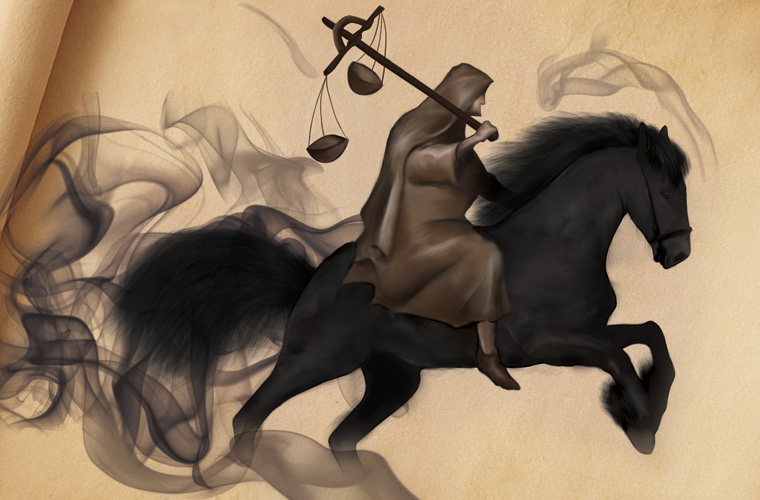 seal, I heard the third living being say, ‘Come!’ And I looked up and saw a black horse, and its rider was holding a pair of scales in his hand. And a voice from among the four living beings said, ‘A loaf of wheat bread or three loaves of barley for a day’s pay. And don’t waste the olive oil and wine.” (Revelation 6:5-6, NLT)
seal, I heard the third living being say, ‘Come!’ And I looked up and saw a black horse, and its rider was holding a pair of scales in his hand. And a voice from among the four living beings said, ‘A loaf of wheat bread or three loaves of barley for a day’s pay. And don’t waste the olive oil and wine.” (Revelation 6:5-6, NLT)
The 7th century Doctor of the Catholic Church and Father of English history, Saint Bede had said, “The black horse is the band of false brethren who have the balance of a right profession, but hurt their fellows through works of darkness.
For when it is said in the midst of the living creatures, “hurt not,” it is shewn that one is there who hurts. Of the running forward of this horse, the Apostle says, “Without were fightings, within were fears.”
I believe that Bede may in fact have been talking about the original Roman Curia. The meaning of the Roman Curia is “Roman royal court” or “Roman court of law,” and it is a well-known fact that the Roman Church had led many crusades and what are called Holy Inquisitions throughout the years.
The Inquisition was created to combat what is known heresy and heretics. Heresy is when you do not accept the Christian faith or have a different opinion about church doctrine. As a result of the many inquisitions, approximately tens and if not hundreds of thousands of people such as the Jews, Gnostics and Protestants were branded with death as heretics, and were systematically killed by the orders of the Roman Curia’s office of Holy Inquisition.
It was abolished mostly everywhere in the early 19th century except in the Papal States of Italy, France and Vatican City. The institution survived as part of the Roman Curia, but in 1904 was given the new name of “Supreme Sacred Congregation of the Holy Office“. In 1965 it became the Congregation for the Doctrine of the Faith.
The last execution carried out by the Catholic Church was that of the schoolmaster Cayetano Ripoll, accused of deism and hanged to death 26 July, 1826 in Valencia. Spain was the last government that allowed the Catholic Church with the right to allow their inquisitors the right to pronounce death on heretics.
This is why I think Bede was talking about the old Roman Curia when he said they were “the band of false brethren who have the balance of a right profession, but hurt their fellows through works of darkness.”
Thankfully many of the world’s governments today allow their citizens to freely choose if they want to be a member of a religion or not, and they also allow them to think and speak mostly what they choose to say within in certain limits set by their governments. Hence, the power of life and death was taken from the the band of false brethren who ride the black horse and given to the state military apparatus.
With that said, please keep in mind that this doesn’t mean you cannot still be executed or suicided for being a heretic against whatever government system you may be a part of. Quite the contrary folks….

Moe is the founder of GnosticWarrior.com. He is a father, husband, author, martial arts black belt, and an expert in Gnosticism, the occult, and esotericism.

![How miracles of healing have been frequently wrought in the place where King Oswald was killed; and how, first, a traveller’s horse was restored and afterwards a young girl cured of the palsy [642 A.D.] | Book 3 | Chapter 9 How miracles of healing have been frequently wrought in the place where King Oswald was killed; and how, first, a traveller’s horse was restored and afterwards a young girl cured of the palsy [642 A.D.] | Book 3 | Chapter 9](https://www.gnosticwarrior.com/wp-content/plugins/contextual-related-posts/default.png)
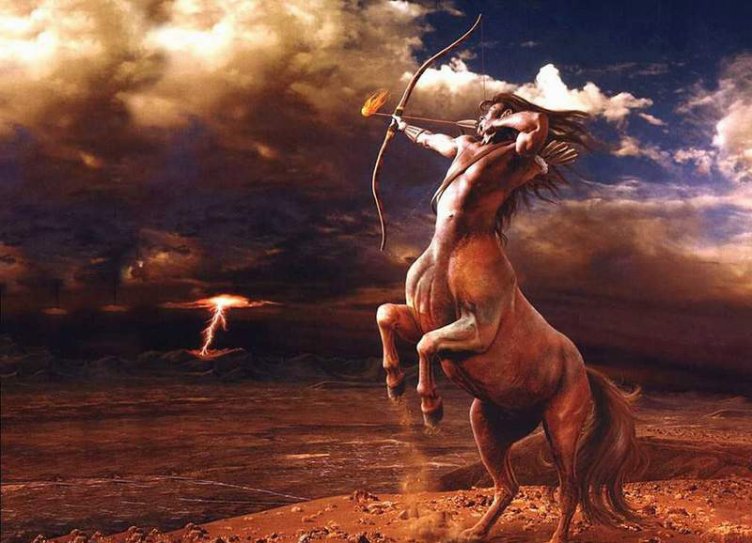
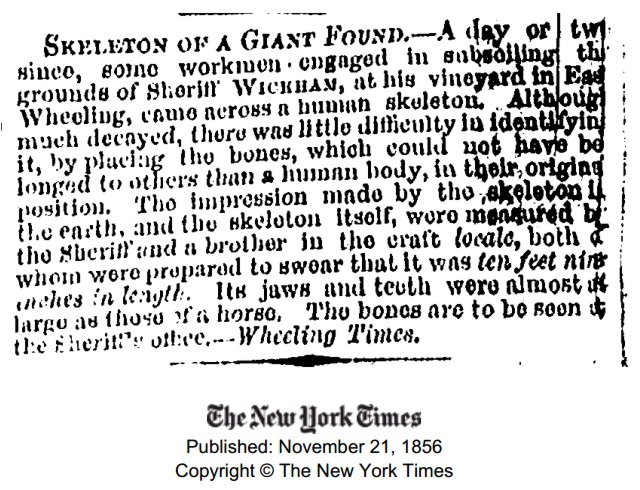
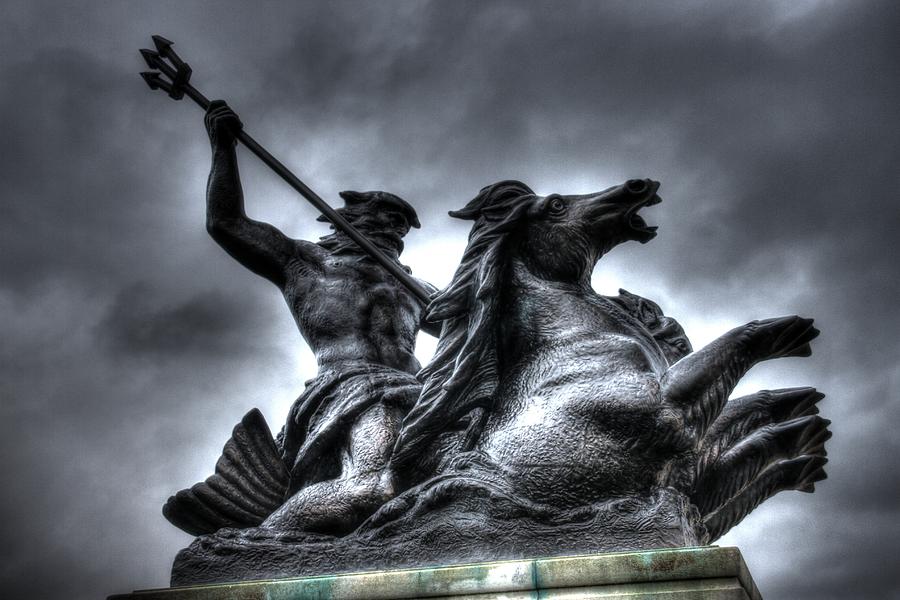
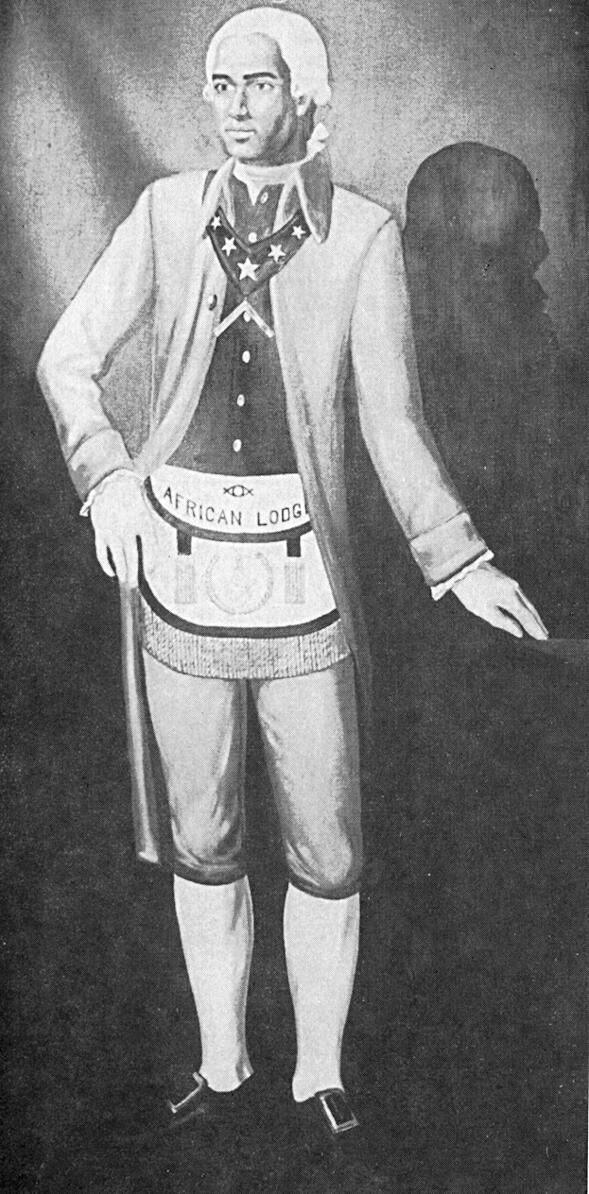
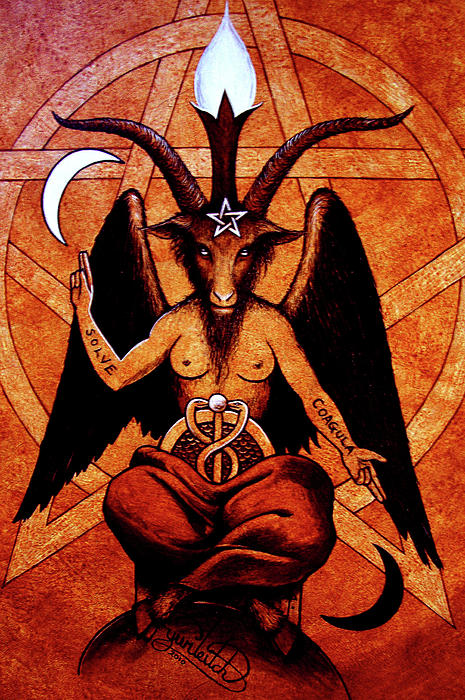
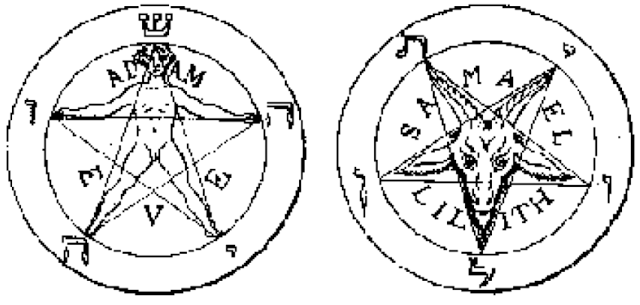
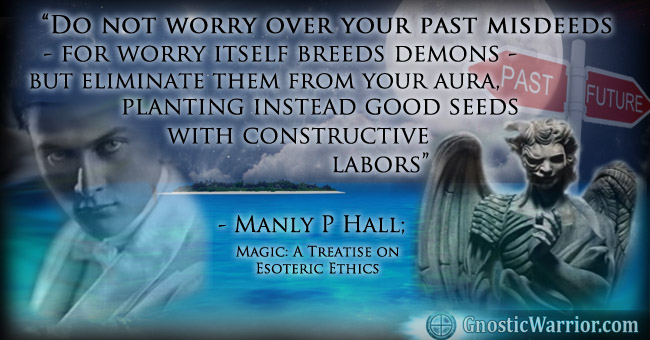
what is your spachl thing can you tall me piese